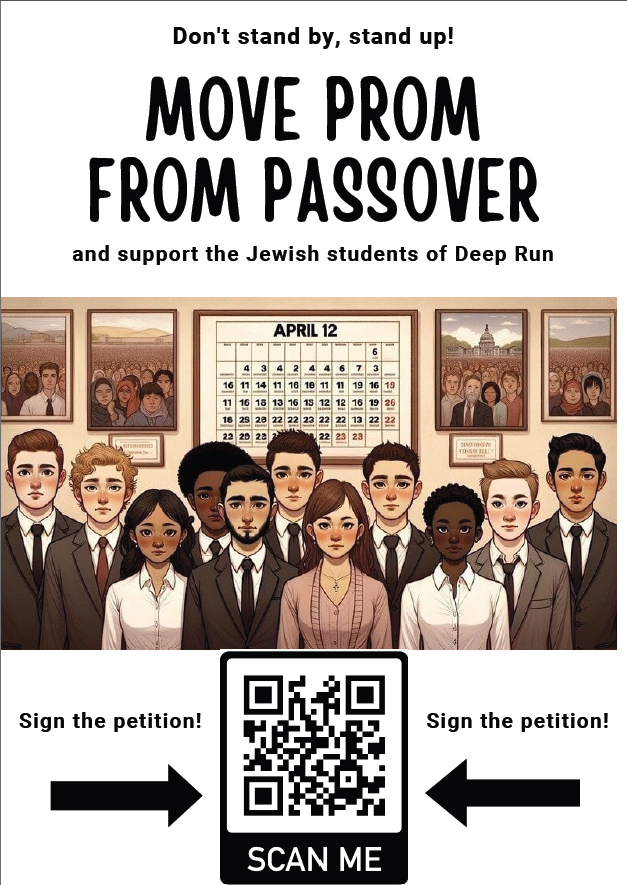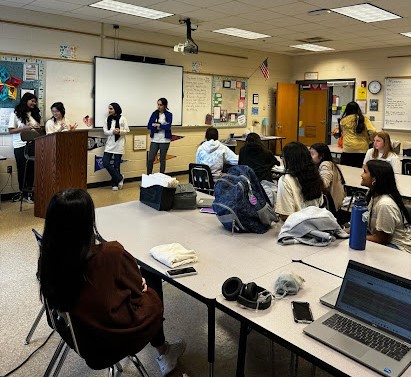As course selections have recently come to a close and counselor meetings begin, students have noticed some new options in the course catalog. Along with American Sign Language II and Dual Enrollment English, AP African American Studies debuted in this year’s options.
For the past several years, College Board has been composing and preparing the course for use across the country by piloting it in the 2022-23 school year through 60 schools across the country. In its second pilot year, 2023-24, it was taught in 700 schools across 40 states because of its extreme popularity. With 13,000 students taking it this year, they’ve introduced it as a real course across the country for the 2024-25 school year.
The course consists of four units: Origins of the African Diaspora (~900 BCE–16th century); Freedom, Enslavement, and Resistance (16th century–1865); The Practice of Freedom (1865–1940s); and: Movements and Debates (1940s–2000s). Each unit will have resources for students to study, like artifacts from the Smithsonian that date back to the Trans-Atlantic Slave Trade, artworks by artists from the Harlem Renaissance, and literature by African Americans throughout time.
The course curriculum for AP African American Studies had to go through a lengthy revisitation and revision process due to controversy sparked when the Florida state government pushed back on the curriculum. State officials have multiple qualms, saying the course “lacks educational value.” The state ultimately rejected the course in its pilot phase.
“We are not going to use your tax dollars to teach our kids to hate this country or to hate each other,” Florida Gov. Ron DeSantis said in 2022. Other states, such as Arkansas, claimed they would not give students credits for taking the course.
College Board responded to this outrage with only minute edits to the course. In a statement made in 2023, they said, “We are committed to providing an unflinching encounter with the facts and evidence of African American history and culture.”
Throughout the turbulent piloting stage, the course remained supported, leading to its graduation from the pilot stage and into the pages of Deep Run’s course catalog. AP US and Virginia History teacher Clay Hudson is excited to see the course arrive.
“It’s important to have this history available, full stop. It is important to have African American History available to be studied,” Hudson said.
While Deep Run has previously offered an elective African American History class, having the AP credit available will encourage more students to take the class, and will provide deeper research and more opportunity to learn the history on a more intricate scale.
In terms of who would teach the course, Hudson says that it is “fully up in the air,” and that no decision will be made until later in the year. Whether a new teacher will be hired or an existing teacher depends on how many students wish to take the class and which teachers are available in their schedules.
As student interest in the class increases, history teachers have started to become excited as well.
“I’ve heard excitement in the department beyond just me. I think it is a curriculum that is full of interesting ideas that, on my own, I haven’t known about or haven’t been knowledgeable enough to bring in front of students, [and] I think it’s going to be a really invigorating class for students to take,” Hudson said.
Hudson offered to answer any questions about the course students may have. More information on this course can also be found on the College Board website, including information about the curriculum and how the course was created.







